Tairia & Jason Flowers: CSUN Athletics’ Power Couple
The California State University, Northridge Women’s Basketball and Softball head coaches have more than one thing in common: They both live and breathe coaching, leading NCAA Division I student-athletes on the diamond and the hardwood. They both led their respective teams to 2015 Big West Championships. And last but not least, they’ve been married for 11 years (12 in August) and have two children.
CSUN Women’s Basketball Head Coach Jason Flowers and Softball Head Coach Tairia Flowers have become the ultimate CSUN athletics power couple, leading their teams to the top of the Big West Conference this past season — and berths in the NCAA tournament. The coaches sat down with CSUN Today for a summer Q & A, looking back at their successful campaigns and looking ahead to future victories.
Both your teams won Big West Conference championships. What were your respective seasons like?
Tairia Flowers: Seeing where the program has come, watching these girls mature and seeing what they’re capable of now is exciting. It makes me proud to see what they’ve done with their hard work. Coming into the end of the season and going up against the toughest part of the conference — knowing that we just needed that one last win to secure the solo championship — and watching them fight was an amazing feeling for me.
Jason Flowers: What it means to me is that a group of 12 young women set a goal and put in the work to reach that goal, with the support of a lot of people in a lot of different areas on campus.
How did you and your teams struggle this season, and how did you persevere?
TF: We just struggled from being young. Any time you bring in this many different athletes, knowing you have only nine spots out of 23 people, it’s tough. But I think everybody came to a point where it was all about the team and the team came first. They knew what their roles were and owned them. That’s why we were successful.
JF: Our team had to deal with success. When you’re a part of a group and you have success, it’s very easy to think that your part of that success is much bigger than what it is. It’s really easy to become selfish. I think that was an underlying factor that had to be worked through all year. At the end of the day, the group chose each other over themselves.
Describe three things you learned from this season that will improve your coaching — for your team next year and thereafter.
TF: We need to allow the girls to become themselves and mature, with our guidance, staying positive and reminding them what they’re capable of. Also, to enjoy the moment and not make it too big.
JF: One, it all starts with the right people. You’ve got to have the right people in place to be successful. Those people have to trust each other and work extremely hard for each other. At the end of the day, you have to be consistent and stay with your core values, regardless of success or failure. If you put in the thought and time into something, then you just have to have the courage and toughness to stick with it — through the good times and the bad times.
Both of you are spending some of your summer coaching for USA Junior National teams. Jason, how was your experience in Colorado Springs?
JF: I was really humbled just to be a part of the process that selects teams that represent our country. USA Basketball on the women’s side has been just as dominant, if not more dominant, than it has on the men’s side. There have been a lot of people over the years that have contributed to that, and for me to be a small part of that is extremely humbling.
Watching and being around the best players in the country for a couple of days reinforced the things that we try to teach our kids: People and teams that work the hardest are rewarded for it. The players that were there were all very talented, but what separated them was how hard they played, how hard they worked and their approach — their drive and motivation — to the game.
Tairia, can you describe your anticipation for your experience with the USA Junior National team in Oklahoma City?
TF: This is my second go-around with the Junior National team as the head coach for our championships. I also spent a little time with the national team as an assistant.
I’m looking forward to seeing these girls compete. It’s been exciting following them throughout the season. A good group of them just finished their freshman year in college, but it’s a different level now. You’re not just representing your families and CSUN — now we’re representing the whole country. You don’t take a different approach or anything, but you’re a little more excited and it adds an extra aspect to the coaching game.
What are you expecting for the upcoming season? How do you think your new teams compare with the most recent championship teams?
TF: I expect to be different. I expect us to be better, and that’s in all areas. If we think we can do everything the same, we either get complacent or it’s just not going to work out. Now, we have more experience behind them and it’s a brand-new group. We have six [players] coming in, so that’s definitely a different dynamic. Nonetheless, I’m looking forward to it. We obviously have some of the same key components, and we want to build off that.
JF: I expect us to be better than we were this year. Obviously, we’ll measure that internally like we always have. I expect the returners to be better than they were this past year. We have a talented group coming in, and I expect them to come in and continue to build on the foundation that has been established already by the group that just finished. The culture has been set and established. The blueprint has been made, and the new kids have to come in, follow that blueprint and take it to another level.
How will your coaching styles change, if need be, for the upcoming season?
TF: You always have your foundation. Once they’re on campus and we see how they interact, we’ll try and build and help them become leaders themselves.
JF: The job of a leader or a coach is to be whatever the team needs them to be. Obviously, the dynamics of this group are going to be completely different than the dynamics of the group last year. My philosophy won’t change whatsoever — that never changes. We are who we are and we do what we do. How I get that philosophy across, however, remains to be seen because we have to get a feel for the new group as a unit and go from there.

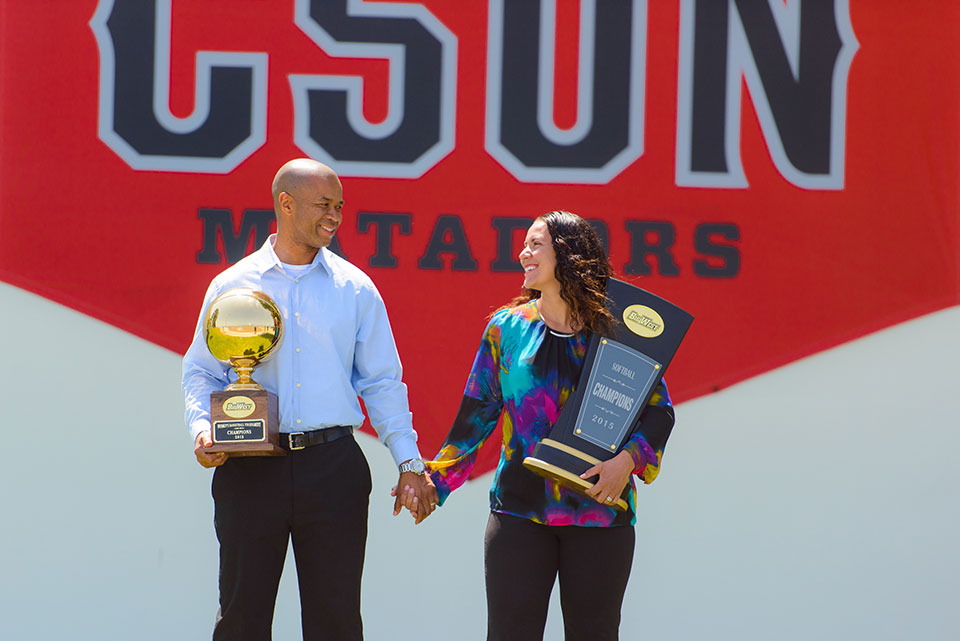
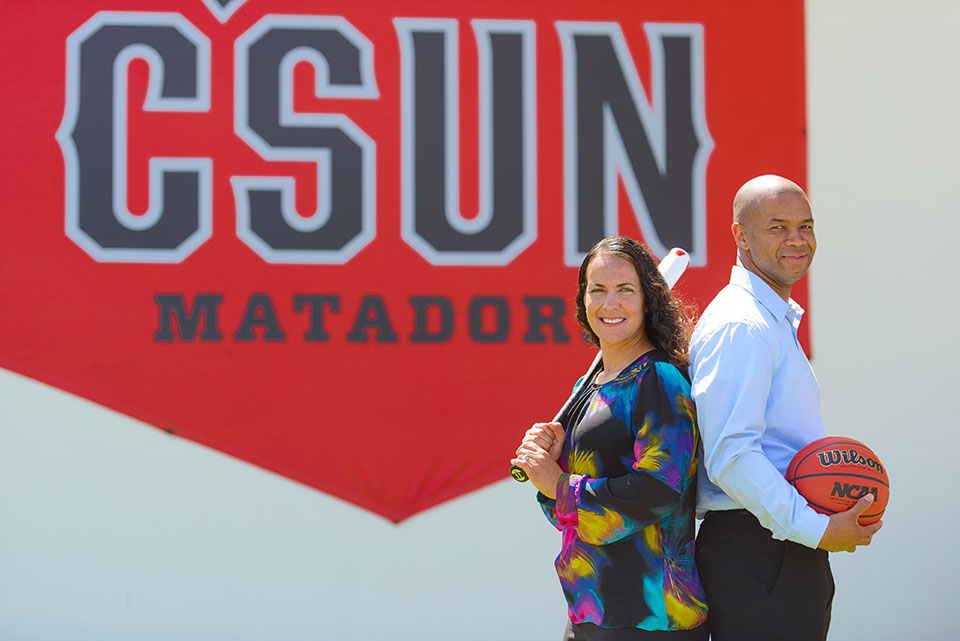
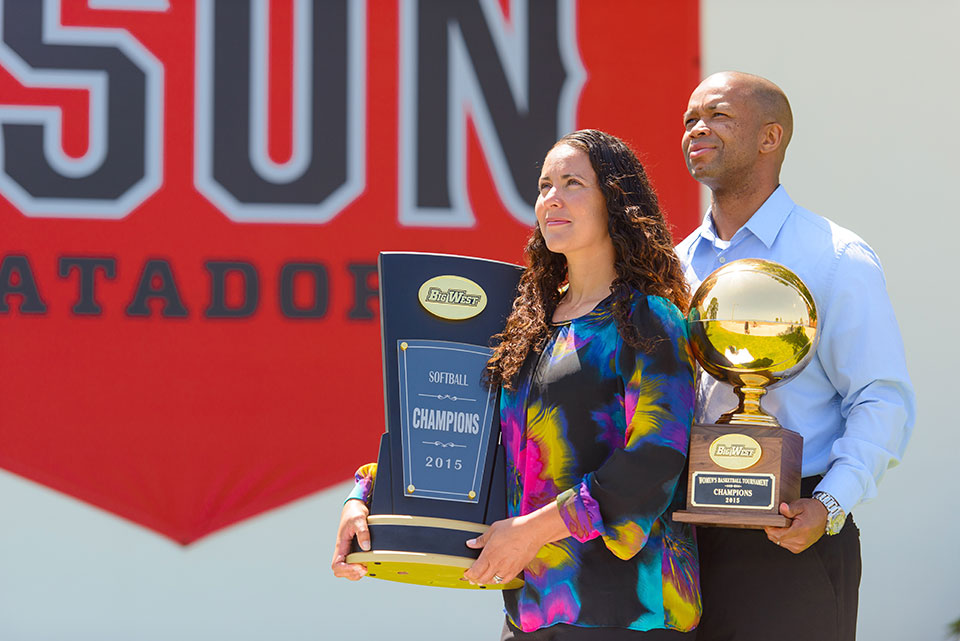
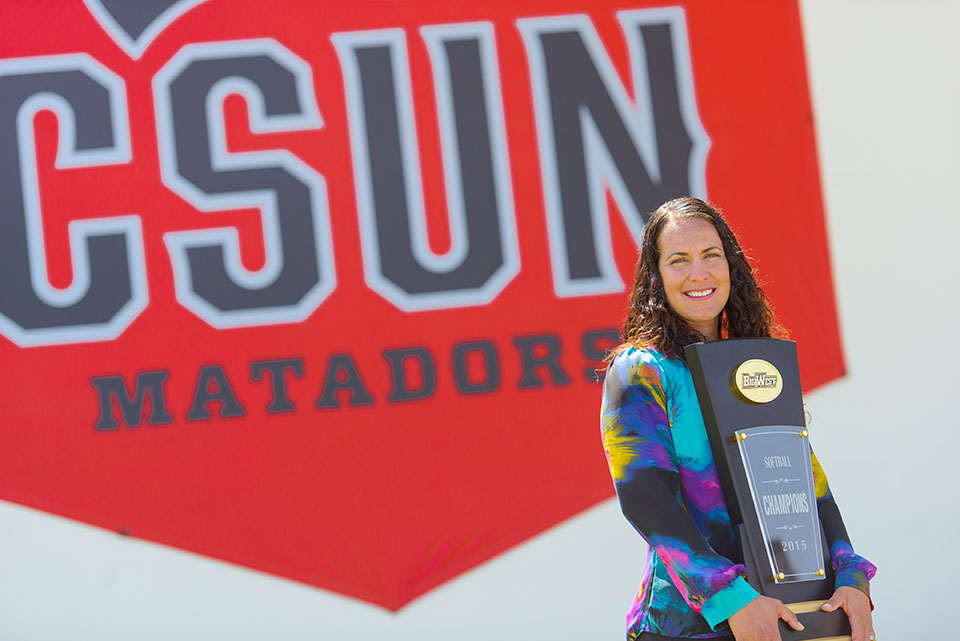
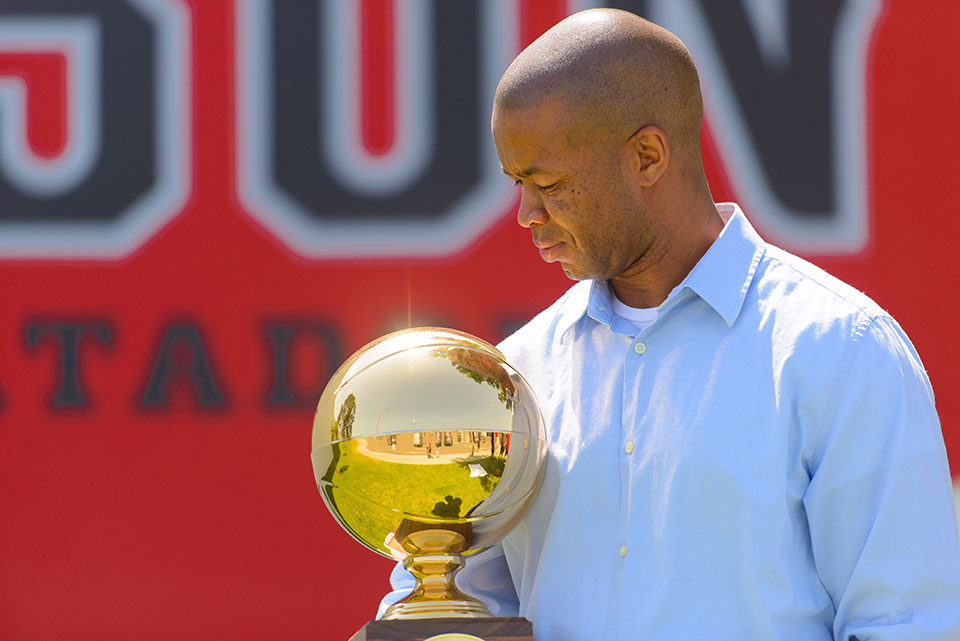
 experience
experience